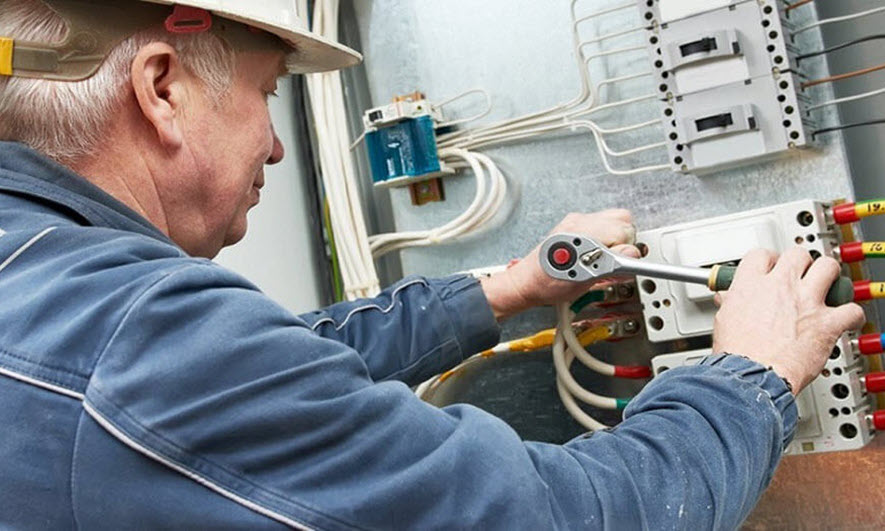In today's rapidly evolving technological landscape, the demand for skilled professionals who can efficiently handle power systems and ensure their smooth operation is paramount. Among these professionals, power technicians play a pivotal role. In this comprehensive blog post, we will delve into the world of power technicians, exploring their responsibilities, expertise, and the vital role they play in various industries.
- Understanding the Role of a Power Technician:
A power technician is a highly skilled individual responsible for the installation, maintenance, and repair of electrical power systems. They possess a deep understanding of electrical principles, safety protocols, and industry regulations. Power technicians are employed in a wide range of industries, including manufacturing, energy, telecommunications, and transportation. - Expertise and Skills Required:
To excel as a power technician, a diverse skill set is essential. These professionals must possess a strong foundation in electrical engineering principles, including knowledge of circuits, transformers, generators, and distribution systems. Additionally, they should be proficient in troubleshooting electrical faults, interpreting technical drawings, and utilizing specialized tools and equipment. - Power Technicians in Manufacturing Industries:
In manufacturing industries, power technicians are responsible for ensuring uninterrupted power supply to critical machinery and equipment. They conduct routine inspections, identify potential issues, and perform preventive maintenance to minimize downtime. Moreover, they play a crucial role in optimizing energy efficiency, reducing costs, and adhering to environmental regulations. - Power Technicians in Energy Sector:
The energy sector heavily relies on power technicians to maintain and repair power generation and distribution systems. They are involved in the installation and maintenance of transformers, switchgear, and control systems. Power technicians also conduct regular inspections, diagnose faults, and implement necessary repairs to ensure a continuous and reliable power supply. - Power Technicians in Telecommunications:
In the telecommunications industry, power technicians are responsible for maintaining the power infrastructure that supports communication networks. They ensure the availability of backup power systems, such as generators and batteries, to prevent service disruptions during power outages. Power technicians also conduct regular inspections and perform upgrades to meet the increasing power demands of modern communication technologies. - Power Technicians in Transportation:
Within the transportation sector, power technicians play a critical role in maintaining the electrical systems of vehicles, trains, and aircraft. They are responsible for troubleshooting and repairing electrical faults, ensuring passenger safety, and minimizing operational disruptions. Power technicians in this field must stay updated with the latest advancements in electrical systems and emerging technologies.
Conclusion:
The role of a power technician is indispensable in various industries, where their expertise ensures the smooth operation of power systems. From manufacturing to energy, telecommunications to transportation, these professionals possess the knowledge and skills to handle complex electrical systems. By continuously updating their expertise and staying abreast of technological advancements, power technicians contribute to the efficiency, safety, and reliability of power infrastructure in the modern world.

